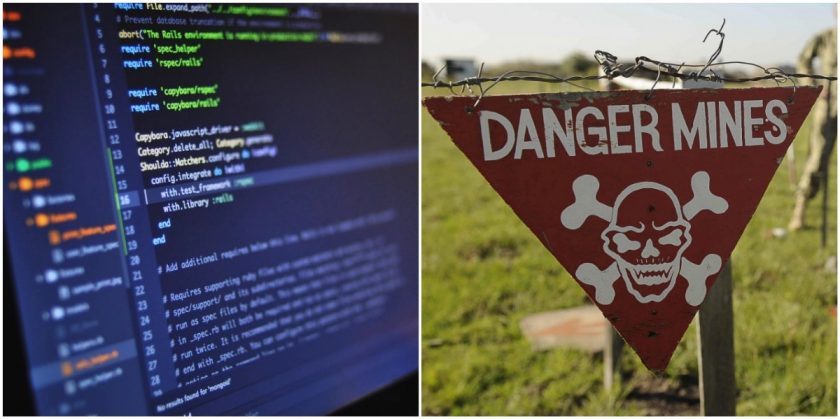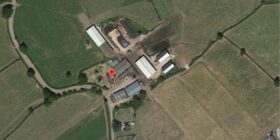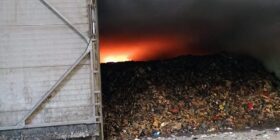Glyndwr University researcher seeks real world data to develop AI landmine clearance

A landmine research project which aims to develop an artificial intelligence approach to mine clearance is being developed at Wrexham Glyndwr University.
The project – which is currently in its developmental stages – is being developed by Computing PhD student Alexander Bruckbauer who is working on building the model under the supervision of Professor of Computing Futures Vic Grout.
At the moment, the project is currently being developed from its initial theory by Alexander, who is working remotely from his home in Germany under Professor Grout’s supervision.
Alexander, who is based in Hamburg, said: “The idea I’m working on is based on the assumption that nothing is completely randomly placed.
“Mine laying follows rules and is done in sequence, so I think it should be possible to try and figure out the rules how the mines were placed through machine learning, using only the position of the mines already discovered.
Then, with a trained model, the model could predict where the next mine is placed with a certain probability.”
As the project’s development progresses, he is looking for assistance from anyone who is able to provide real-world data relating to landmine clearance.
He said: “My real-world data challenge is that I cannot – yet – acquire mine positions of found mines in actual mine fields.
“There are military manuals that detail how mines are laid and there is also schematic data of how mines are laid in certain patterns or clusters in some regions of the world, as well as the patterns of mines that were automatically deployed by mine deployment systems.
“From these processes, rules and patterns, I am now trying to program a training data generator that will produce mine field patterns, which I will then, once it’s finished, use to train the machine learning model.
“But this data is still ‘only’ synthesised data, which might be enough to demonstrate the principle or create a proof of concept – so real world data would help a great deal to improve the training data set and also allows to as evaluate and assess the performance of the system much better.
Any organisation who is interested in hearing more about Alexander’s research – or which feels they may be able to share data which could help him develop the project – can make contact with him via his Glyndwr university account by email on [email protected] or via Professor Grout at [email protected]
Spotted something? Got a story? Email [email protected]












